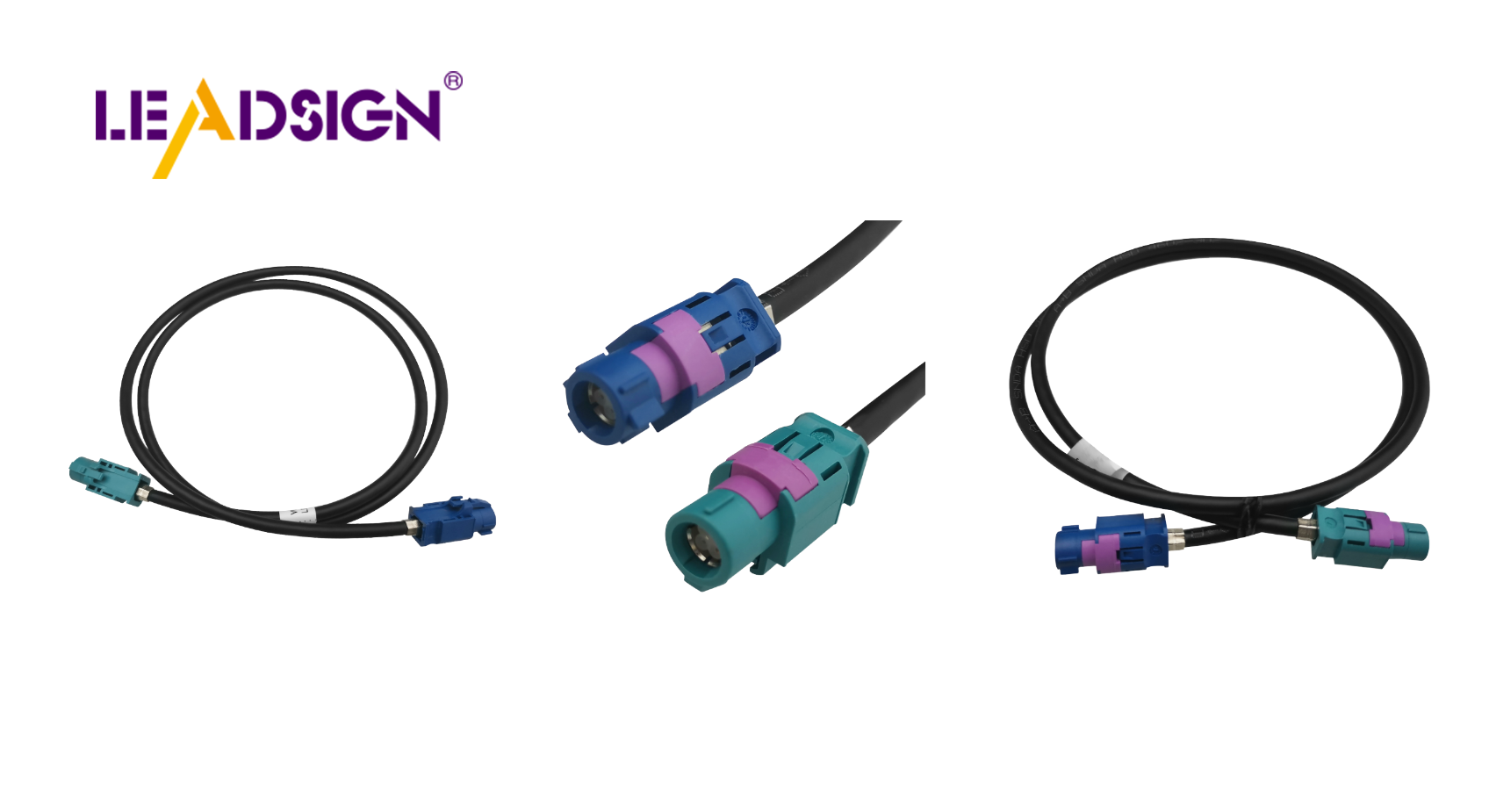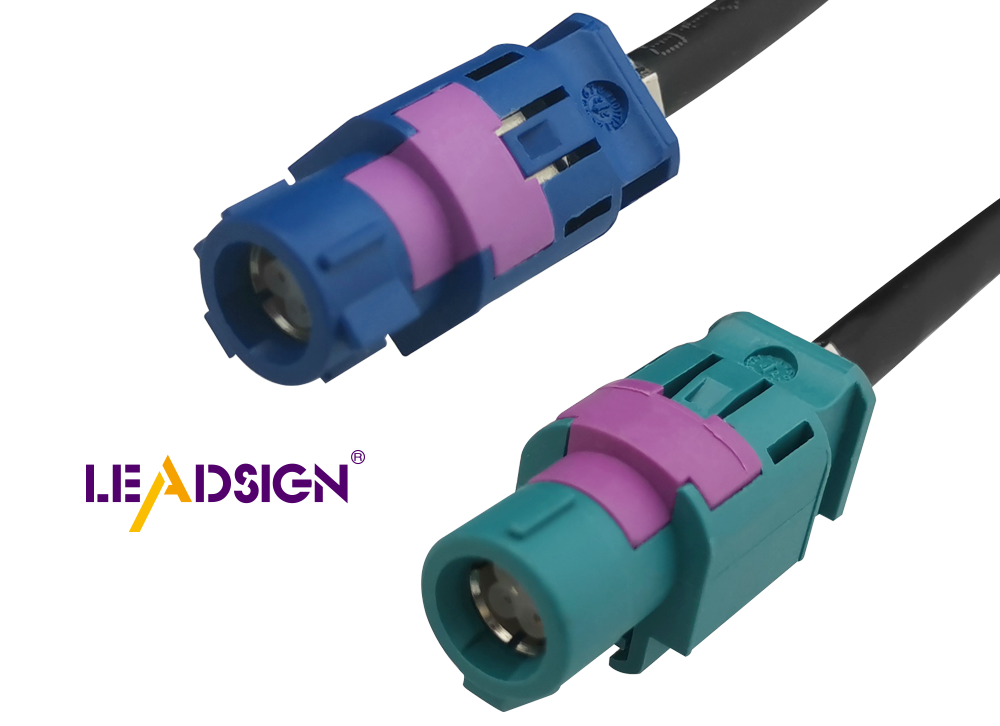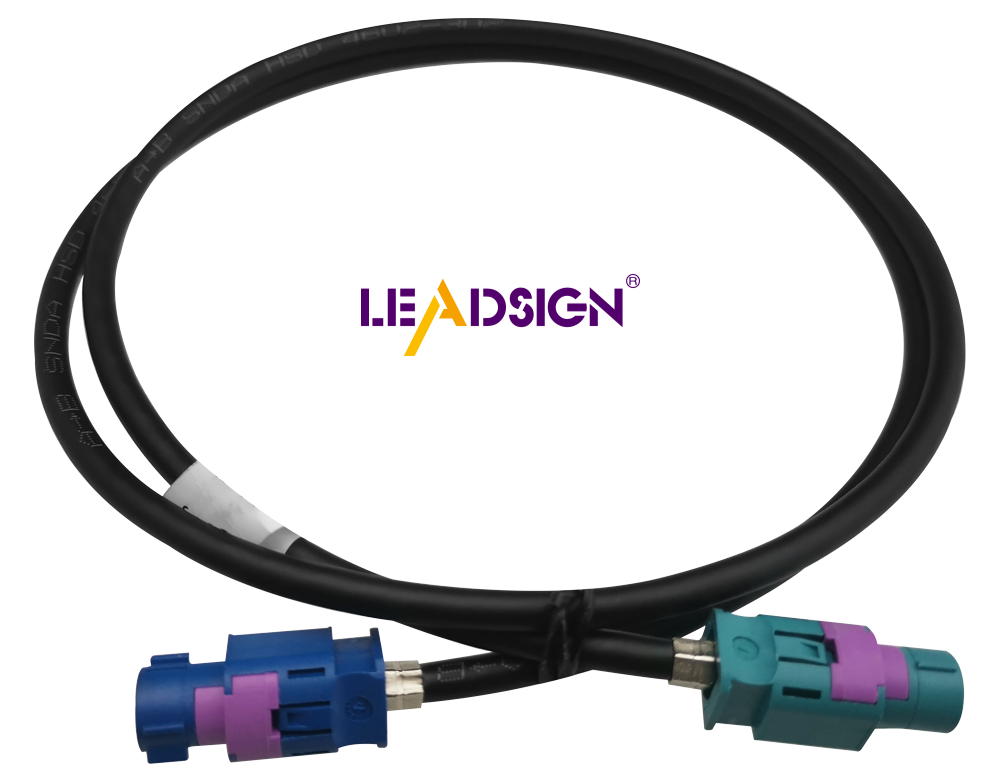How to Identify Automotive Wiring Connector Types and Find Replacements

Understanding different automotive electrical connectors types is crucial for maintaining your car's overall health. These connectors play a vital role in transmitting electrical signals within various systems in the vehicle, such as the engine and radio. Identifying and replacing these connectors can sometimes be challenging due to factors like pin count, shape, and color. Regularly inspecting them is key to ensuring optimal functionality. If you notice any signs of damage like cracks or rust, it's essential to replace them promptly. Familiarizing yourself with various connector types can simplify troubleshooting and maintenance tasks.
Understanding Automotive Electrical Connectors Types

When you look at car electrical connectors, you'll see many designs and materials. Let's check out some common types and what makes them special.
Overview of Automotive Electrical Connectors Types
Blade Connectors
Blade connectors are used a lot in cars. They have a flat metal piece that fits into a slot. This design keeps them connected well, even when the car shakes. You can find these in fuse boxes and relay panels.
Bullet Connectors
Bullet connectors look like bullets because of their shape. They have two parts: one male and one female, fitting together tightly like a plug and socket. This stops them from coming apart by accident. They're often used in car audio systems where connections change frequently.
Pin Connectors
Pin connectors are also popular in cars. They have pins that go into matching holes. These connectors can handle different electrical loads, so they're good for many uses in a car's system.
Connector Materials and Their Importance
The material of a connector is important for how it works and lasts. Here are the main materials used in car connectors.
Plastic Connectors
Plastic connectors are light and don't rust easily. They're used where there's moisture risk because they insulate well against weather but might not last long in high heat.
Metal Connectors
Metal connectors, made from copper or brass, conduct electricity well and resist rusting. They're great for high power needs due to big pin sizes offering more contact area. Metal ones are tough, handling tough conditions reliably for key car systems.
Knowing these connector types helps you fix or maintain your car's electric parts better. By understanding each type's features, you keep your car's connections strong and working well.
Steps to Find the Right Connector
Finding the right car electrical connectors can be hard. But with some easy steps, it gets simpler. Let's look at ways to help you.
Look Closely at Connectors
The first step is to look closely at the connectors. By checking them out, you learn a lot.
Check Shape and Size
First, see the shape and size of the connector. Each one looks different. Blade connectors are flat metal pieces. Bullet ones look like bullets with two parts. Pin connectors have pins that fit into holes. Measure if needed. This helps find the right type.
Look for Colors and Marks
Next, check colors and marks on the connector. Many have special colors showing their job or type. Look for numbers or letters on them. These give clues about what kind they are and match maker's details.
Use Books and Guides
After looking, use books and guides to check your ideas. They give more details about connector types.
Online Help
Online sites are good places to start looking. Websites like DigiKey let you search by pin count or shape. Makers also have online lists that help save time finding the right ones.
Maker Books
Don't forget maker books! They have lots of info about each type with pictures and details. Compare your connector with these books to know its type for sure.
By doing these steps, you'll find the right car electrical connectors easily! Whether looking or using guides, these tips help make sure you choose correctly.
Finding Replacement Connectors

When you need a new connector for your car, knowing where to get it is important. Let's see some places to find these parts.
Getting from Car Parts Stores
Finding the right connector starts with knowing where to look. You have two main choices:
Local Shops
Local car parts shops are a good start. They have connectors ready for you. You can check them in person to make sure they fit. The shop workers can help and give advice too. They might even help you figure out the connector type if you're not sure.
Online Sellers
Online sellers have many connectors. Websites like DigiKey let you search by pin count or shape. This helps you find what you need easily. Shopping online also lets you compare prices and read reviews from other buyers. Just make sure you're buying from a trusted place to avoid fake products.
Checking Fit and Quality
Once you've found possible replacements, it's key to check if they work with your car's system.
Looking at Part Numbers
Always look at part numbers on your old connectors. These numbers help you find an exact match. If the number is gone or hard to see, try finding it in the car's manual or online.
Checking Brand and Details
Make sure the brand and details of the new one match your old connector. Look for things like material and pin size. Metal-to-metal connectors are strong and last long, great for tough spots in cars.
By doing these steps, you'll find and replace car connectors confidently. Whether shopping nearby or online, checking fit and quality keeps your car's electric parts working well.
Finding and changing car wiring connectors is important for your car's electric system. Here's a simple guide to help:
Spot the Connector: Check its shape, size, and color. Use online tools and books for help.
Get New Ones: Look in local shops or trusted websites. Make sure they fit by checking part numbers and details.
By doing this, you keep your car's connections safe and working well. Good connectors are key for smooth running. Keep these tips handy, and you'll replace them easily!
See Also
Exploring HSD Connectors in Automotive Technology
Navigating Ford Fakra Connector Technology
The Significance of Fakra Connectors in Contemporary Cars

